Procurement is the process through which businesses proactively source goods and/or services to meet company needs. Companies hire procurement managers and professionals to not only find suppliers to source goods at reasonable terms but to maintain supplier relationships and ensure that suppliers are performing up to par.
Ultimately, procurement managers act as the primary mediator between a company and its suppliers. Companies are becoming increasingly reliant on them because they realize the direct impact that they can have on their bottom line through strategic supplier partnerships.
Within procurement, there are four different categories.
Direct Procurement –> Procurement of the company’s goods or services with the goal of profit.
Eg: Nike buying rubber for their shoes.
Indirect Procurement –> Procurement of materials that are needed for day-to-day maintenance operations but do not directly contribute to profit such as utilities, supplies, equipment (etc).
Eg: BarBurrito buying grills.
Goods Procurement –> Procurement of physical items. Can include both direct and indirect procurement.
Services Procurement –> Procurement of services, often in the form of labor such as security guards, consultants, waste collectors (etc). Can include both direct and indirect procurement.
Poor procurement management can be incredibly detrimental to a company because materials, need to be available as soon as possible for them to be able to get their products and services to customers as soon as they can. Procurement managers need to be able to optimize supply to ensure suppliers act as efficiently as possible. To learn what procurement means, here are the most important stages of procurement management that directly affect a company’s bottom line.
Demand Planning
In the case of direct procurement, procurers must determine the projected demand of a product or service before doing anything. This will allow them to determine the correct amount of supply that is needed. If there is an excess of supply, a company will have to pay a high amount of storage costs. On the other hand, if a company does not have enough supply to meet demand it can lead to delays and unhappy customers. It is the procurement manager’s job to forecast the correct amount of demand.
Procurement Planning
In this step, procurers must recognize needs such as which raw materials/items they need and the quantity at which they are required. Procurers also decide when the materials will be needed by so that the company can meet its production deadlines and continue down the supply chain. In this stage, procurers will brainstorm and choose which suppliers or vendors they want to work with. For example, procurers may decide that they need 20 000 bricks for their new office building. However, they may realize that they only need 10 000 bricks by next month when construction starts, but need 10 000 in the following month. After coming up with a plan, they will then decide upon potential suppliers and contact the best one.
Negotiating
Before purchasing supply, procurers must negotiate and come up with purchase order details. In the negotiation process, procurers try to negotiate for the best price and best times that will allow the company to be as efficient as possible in production.
Creating Procurement Contracts
Procurement contracts, also known as a purchase order, are legally binding agreements that procurers create to ensure that both parties comply with the terms listed within the contract. If a company is willing to hire a supplier to source its goods, these contracts make sure that the supplier delivers the right amount of materials by the agreed upon dates. Procurement managers have to be very detail oriented when writing these contracts to make sure that they are abided by and so that there are no legal disputes down the line.
Reviewing Delivered Goods
Once the supply arrives, procurers have to make sure that it meets the terms agreed upon in the contract. In other words, they have to make sure that supply is arriving in full and on time. If there are missing/damaged items or if supply arrives late then this is something procurers must investigate to determine the best course of action.

What procurement managers do contributes mightily to a company’s bottom line which is why it is a very well respected profession. However, procurers need automated tools in order to be successful as oppose to relying on Excel spreadsheets to determine whether suppliers are delivering materials in full and on time. They need a software solution that can keep track of supplier performance and categorizes performance based on purchase order details, suppliers and products. The OWL software gives key performance indicators in all of these areas to help procurers determine which suppliers are reliable and performing up to par.
Click the button below to learn more about our procurement module within our full purpose supply chain solution.
